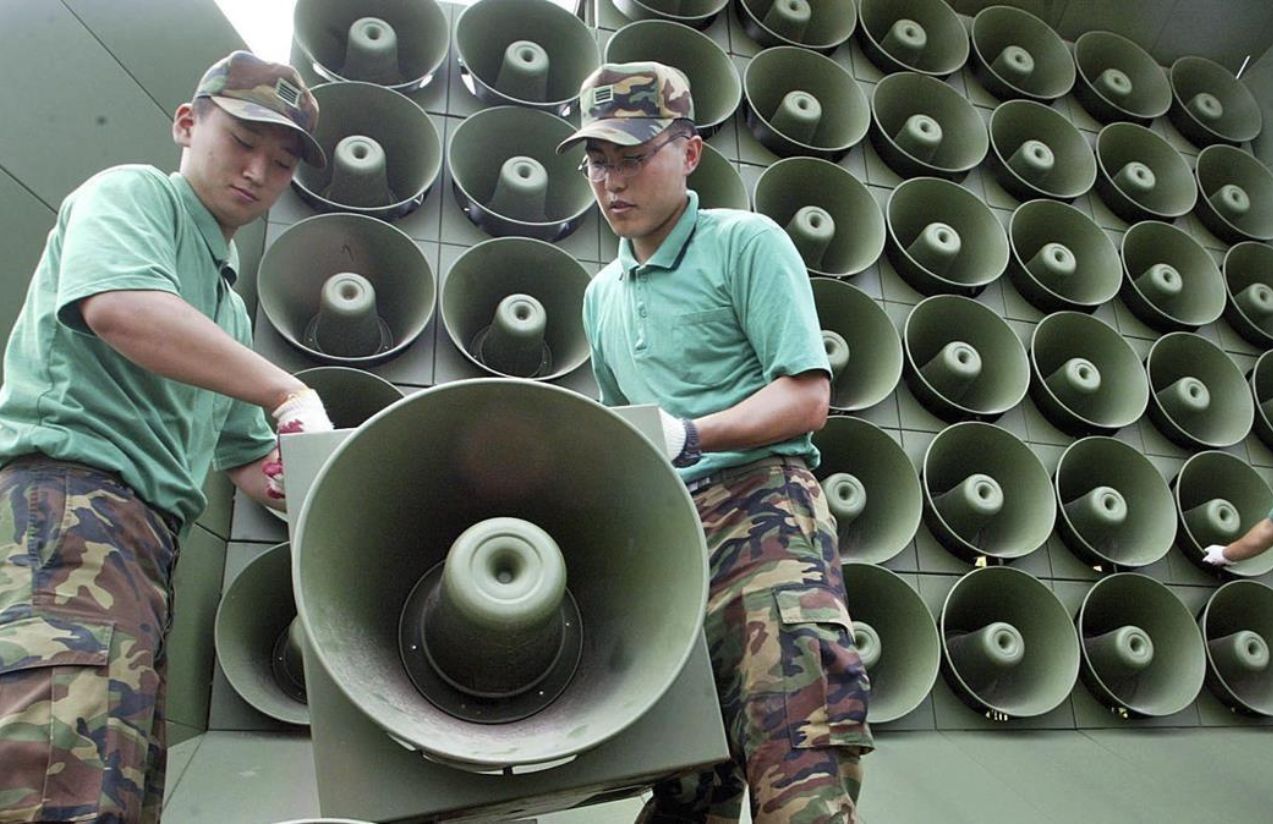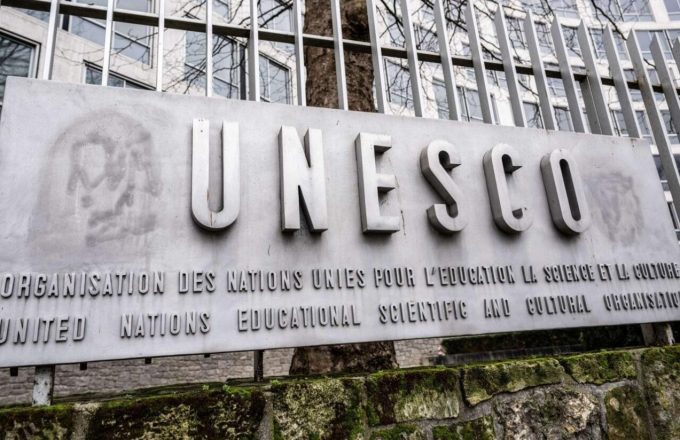In a symbolic move to ease tensions on the Korean Peninsula, South Korea’s military has shut down the loudspeakers that had been blaring propaganda across the border into North Korea. The action marks the first concrete step by the country’s new progressive government to rebuild ties with its wartime rival.
The broadcasts, which included political messages and South Korean pop music, were resumed last June after several years of silence. Seoul reinstated the broadcasts in retaliation for North Korea’s bizarre psychological warfare campaign involving thousands of balloons carrying trash into the South.
“The goal is to restore trust in inter-Korean relations and promote peace on the Korean Peninsula,” South Korea’s Ministry of National Defense said on Wednesday.
North Korea has yet to comment, but Pyongyang is notoriously sensitive to any outside criticism, particularly when aimed at its authoritarian regime or its third-generation leader, Kim Jong Un.
Between May and November last year, North Korea launched around 7,000 balloons in at least 32 separate incidents, dropping everything from paper waste and cigarette butts to scraps of cloth and manure into South Korean territory. North Korean authorities claimed the campaign was a response to South Korean activists who had floated balloons carrying anti-regime leaflets, USB drives with pop music, and South Korean dramas.
One balloon even dropped debris into South Korea’s presidential compound last July, raising concerns about the vulnerability of key government facilities. While no hazardous materials were found and no injuries were reported, the incident highlighted a troubling security gap.
In response, South Korea reactivated its loudspeakers along the heavily fortified border, broadcasting not only anti-regime messages but also K-pop songs—content deliberately chosen to irk the North. Since the COVID-19 pandemic, Pyongyang has intensified efforts to purge South Korean culture and language in order to reinforce the dynastic rule of the Kim family.
These Cold War-style psychological operations added to an already volatile environment fueled by North Korea’s growing nuclear ambitions, increased U.S.-South Korea joint military drills, and strengthened trilateral security cooperation with Japan.
The recent inauguration of progressive President Lee Jae-myung, who took office last week following a snap election triggered by the impeachment of conservative leader Yoon Suk Yeol, signals a shift in Seoul’s approach. During his campaign, Lee pledged to end the loudspeaker broadcasts, arguing they stirred unnecessary tensions and caused discomfort to residents living near the border—many of whom had complained about the North’s retaliatory broadcasts of grating noises, including animal howls and clanging gongs.
On Monday, South Korea’s Ministry of Unification, which handles relations with the North, urged civic activists to stop sending propaganda leaflets across the border, warning that such actions “could heighten tensions on the peninsula and endanger the lives and safety of residents in border areas,” according to ministry spokesperson Koo Byoungsam.
In his inauguration speech, Lee reaffirmed his commitment to reopening communication channels with Pyongyang. Still, the outlook for renewed dialogue remains uncertain. Since the collapse of nuclear talks with the U.S. in 2019, North Korea has consistently rebuffed overtures from both Seoul and Washington.
Pyongyang now appears to be focusing its foreign policy efforts on deepening ties with Russia, to which it has reportedly sent troops and military equipment in recent months to support Moscow’s war in Ukraine.
Former President Yoon Suk Yeol, ousted in April after his controversial imposition of martial law the previous December, had prioritized strengthening military alliances with the U.S. and Japan, seeking firmer guarantees of a swift and decisive nuclear response to any North Korean attack.
In a forceful reaction to Yoon’s hardline stance, Kim Jong Un declared in January 2024 that North Korea was abandoning its traditional goal of peaceful reunification with the South. He also ordered a rewrite of the North’s constitution to permanently designate South Korea as a “primary enemy.”




















